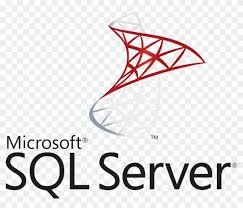Course Overview
The DP-3011 course, “Implementing a Data Analytics Solution with Azure Databricks,” is designed to provide comprehensive training on using Azure Databricks to build and manage data analytics solutions. This course covers the fundamentals of Azure Databricks, including its architecture, features, and integration with other Azure services. Participants will learn to use Azure Databricks to process large volumes of data, create and manage clusters, and develop scalable data pipelines.
The course delves into the core concepts of data analytics, such as data exploration, transformation, and visualization, utilizing Apache Spark capabilities within the Azure Databricks environment. Students will gain hands-on experience with notebooks, libraries, and workflows to develop and deploy analytics solutions effectively. Emphasis is placed on practical skills for implementing end-to-end data solutions, including data ingestion, cleansing, and analysis, tailored to meet the needs of modern data-driven organizations.
By the end of the course, participants will be equipped with the skills to leverage Azure Databricks for optimizing data processing workflows, performing complex data analysis, and integrating analytics solutions within a broader cloud ecosystem.




 4.77
4.77